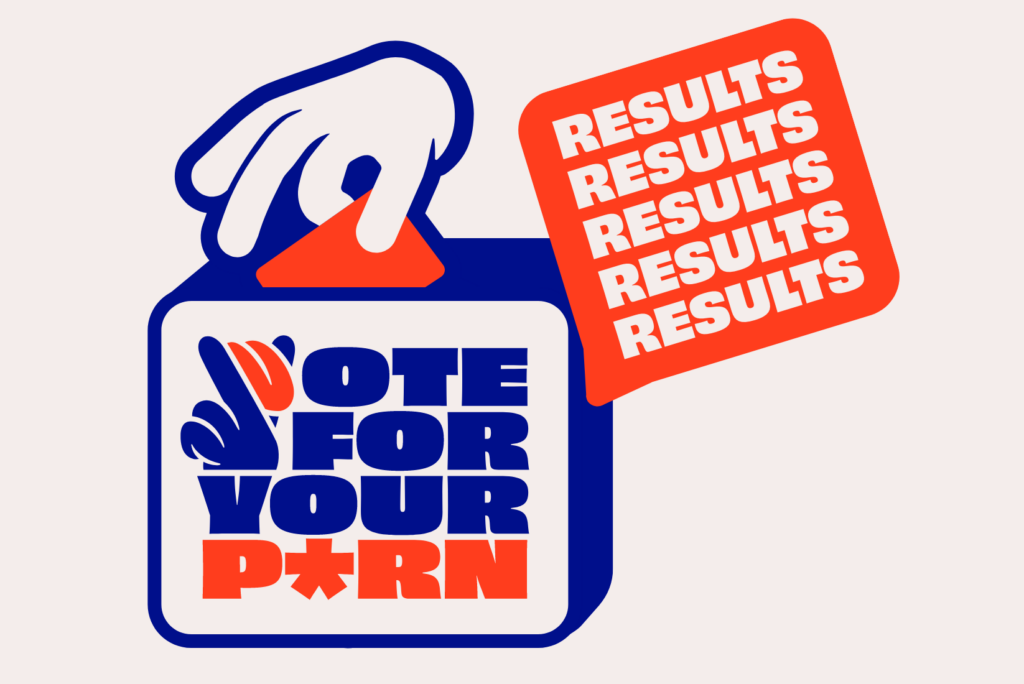Sex and Shame from the Very Beginning
As children, we learn to cover our pubic area. Even if we don’t call it that, we soon learn that “down there” is taboo. Later, when the pubic hair grows, and the labia becomes interesting, we explore the pubic area with all the curiosity that hormones shoot into our brains. But keep it under the covers, please. And don’t talk about it!
This leads us to be ashamed of our lust, our sexual selves and our genitals. And here there is a direct link to whether we can enjoy sex and how. The more “down there” is associated with shame or even negative feelings, the harder it is to let go during sex and enjoy it to the fullest.
Leaving the Shame Area
We should break up this culture of shame as soon as possible. Behind this heavy curtain waits all the passion, the satisfaction, the happiness and, ultimately, the whole of life. To use Mandy Ronda’s words, “I am a sexual being”—and so are you! Go ahead and say it out loud. How does that feel to you?
And once it’s out there, it’s time to explore it with all the curiosity you can muster. How to do that? Start with ourselves!
We’ll start with some questions that can help you find your sexual self. Take your time, find a quiet moment and answer them for yourself. It’s best to write it down so you can read it again later. Let’s go!
- When and how do I want to be touched?
- What do I want to experience during sex? (e.g., liberation, devotion, tenderness, closeness, intensity, aggression, transcendence, spiritual connection, rebellion, dominance, freedom, irresponsibility, etc.)
- Which is your most sexual sense, between smelling, tasting, touching, seeing and hearing? Why is it so?
- (Body) language: How do I signal that I feel sexual desire?
- What can I do to make my sex life look like it feels good to me?
- What was the best sexual experience you ever had? Why? What was crucial?
Getting Down to Business: How to talk about sex with our partner(s)
Now you’re most likely a whole lot closer to your sexual self. You know what you like, what you want and what makes you hot. “All well and good,” you’ll say, “But how am I supposed to bring this into my relationship?”
In couples therapy, it has proven effective for both partners to answer several open questions and then discuss their answers. There are no right and wrong answers. So grab your pen and paper again to answer the following questions—for yourself first.
- Imagine (all to yourself) an ideal relationship. What does it look like? And what role does sex play in it? Let your imagination run wild. Take notes about everything—the frequency, the positions, the places and maybe additional sex partners.
- Now you have an ideal image for your sex life. Is it different from your current sex life? How so? In what situations or places do you feel pleasure?
- In other areas of your life (e.g., friendships, hobbies, job, etc.), how do you make sure everything is in balance for you? How is this self-care different from the things you do for your sexuality?
- What can you learn from the “other things” for your sex life? How can you make sure that you are also taking care of your sex life in a way that is good for you?
And Now?
And If That Doesn’t Work?
- What positions do you know?
- In which places could you have sex anywhere?
- What sexual orientations have you heard of?
- Is there anything that totally turns you off or that you find weird?
- What would you like to try yourself?
Another Tool: Coaching
It’s also possible to have someone neutral intervene, such as a coach. Beforehand, you two write down your wishes and fantasies that you don’t quite trust yourself to talk about in a letter. The coach will then read through everything and choose things that fit together or can be combined well in a coaching session. The topics will be addressed, and neither partner has to be afraid that something will be revealed that he or she does not want.
Only in this way, namely in dialogue with others, can we manage to break down the stigma surrounding sexuality, piece by piece.
Grab your loved one and help each other free your sexuality from shame. It will be worth it!
Want to learn more about why you tick the way you do and what makes for healthy relationships with yourself and others? Dearest is your digital relationship companion. Together with professional couples therapists, systemic coaches, psychotherapists and psychologists, you will learn how to have healthy relationships with yourself and others. And, in case of acute heartache, conflicts or loneliness, you can book digital sessions promptly—without long waiting times—for couples and singles. Just check out: www.hello dearest.io.








